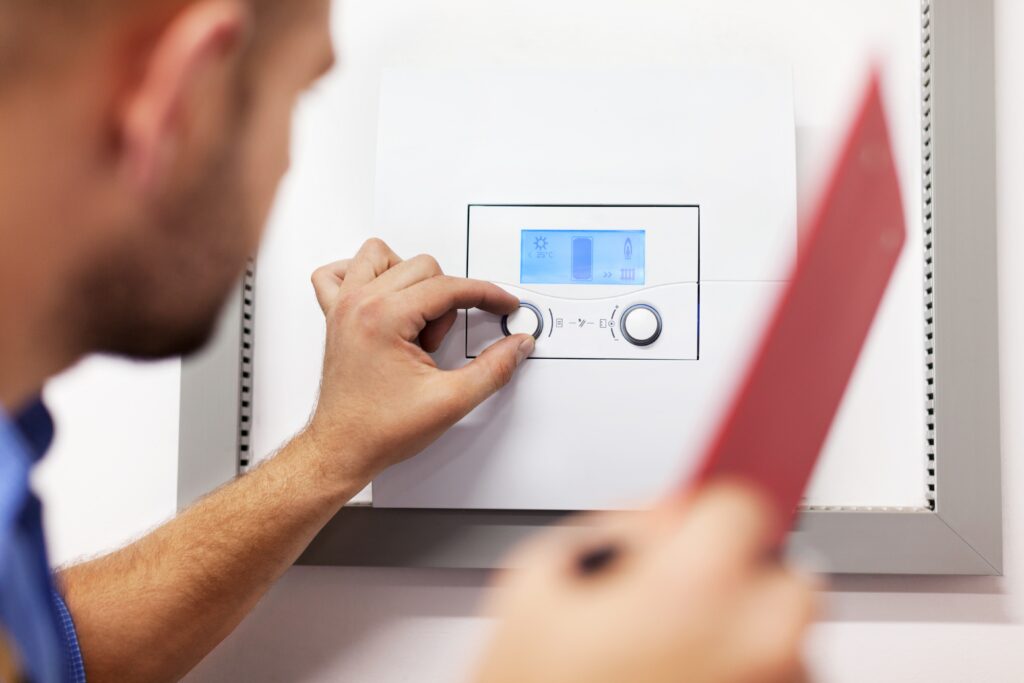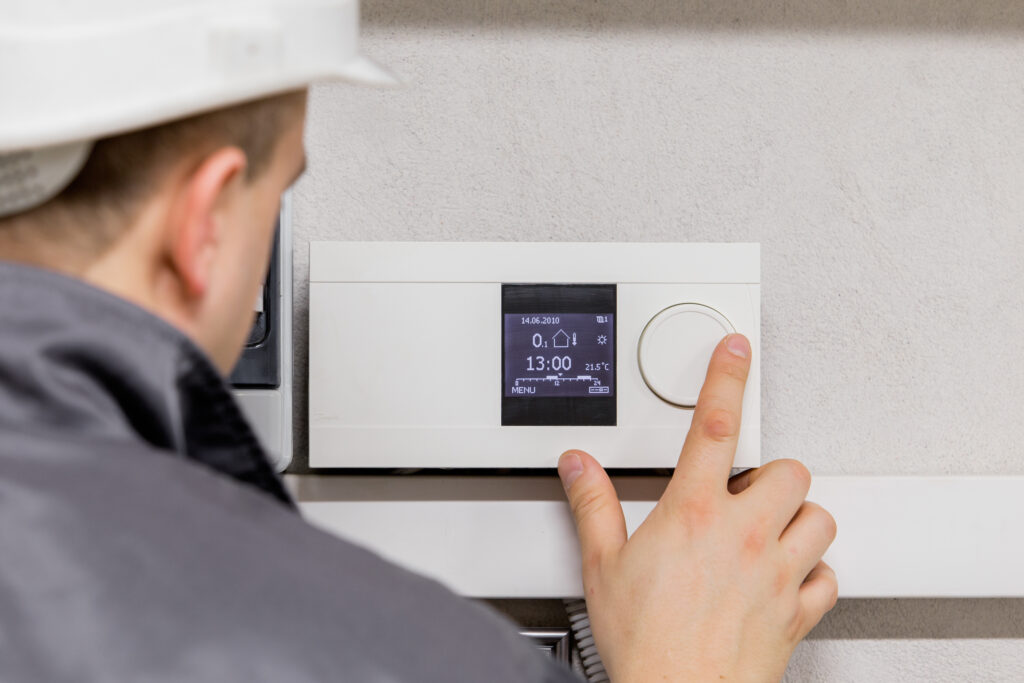Does Balancing Radiators Save Money? The Truth About Heating Efficiency
When it comes to heating a home efficiently, many homeowners are looking for ways to reduce energy bills and improve comfort. One commonly debated topic is whether balancing radiators can actually save money on heating costs. While it might seem like a minor adjustment, ensuring that radiators heat up evenly throughout the house can have a significant impact on both comfort and energy consumption. But does it really translate to financial savings?
In this article, we’ll explore the importance of radiator balancing, how it works, and whether it’s worth considering for your home heating system.
Understanding Radiator Balancing
Balancing radiators involves adjusting the flow of hot water to ensure that all radiators in a home heat up at the same rate. In many properties, particularly older ones, some radiators may become much hotter than others, leaving certain rooms feeling too cold or too warm. This imbalance occurs because of the way water flows through the heating system, with radiators closest to the boiler typically heating up faster and more efficiently than those further away.
The process of balancing involves adjusting the lockshield valve on each radiator. This valve controls the amount of hot water flowing into the radiator, allowing an engineer or homeowner to regulate the heat output more evenly across the system. The goal is to ensure that each room reaches the desired temperature without overworking the heating system.
While it might seem like a technical process, balancing radiators can be done by a professional heating engineer or a knowledgeable homeowner with patience and the right tools.
How Balancing Radiators Affects Heating Efficiency
An unbalanced heating system can lead to uneven temperatures across the home. Some rooms may feel uncomfortably warm, while others remain chilly. This often results in homeowners turning up the thermostat in an attempt to compensate, which increases energy usage and ultimately raises heating costs.
Balancing radiators ensures that hot water is distributed evenly, meaning the entire system works more efficiently. When radiators are properly balanced, the heating system doesn’t need to work as hard to maintain a consistent temperature, reducing unnecessary strain on the boiler. This can help prolong the lifespan of the heating system while ensuring that energy is used as efficiently as possible.
However, the extent to which balancing radiators saves money depends on various factors, including the type of boiler in use, the overall condition of the heating system, and how well-insulated the property is. While balancing alone might not lead to dramatic savings, it can contribute to an overall reduction in energy consumption when combined with other efficiency measures.
Does Balancing Radiators Save You Money?
The financial benefits of balancing radiators largely depend on the individual home and heating setup. While the process itself doesn’t reduce the amount of energy required to heat a home, it does ensure that the heating system operates at peak efficiency. This means that:
- The boiler doesn’t have to work as hard to maintain a comfortable temperature.
- The heating system runs more efficiently, reducing unnecessary energy wastage.
- Homeowners are less likely to overcompensate by raising the thermostat.
In many cases, an unbalanced system can lead to increased energy bills simply because it causes uneven heating, prompting people to adjust their thermostat unnecessarily. By ensuring that heat is distributed evenly, homeowners can set their heating to a more reasonable level and still maintain a comfortable indoor climate.
For those with modern, energy-efficient boilers, balancing radiators can have a more noticeable effect on reducing overall energy consumption. However, for older heating systems, additional upgrades such as installing thermostatic radiator valves (TRVs) or improving insulation may be necessary to see significant financial savings.
When Should You Balance Your Radiators?
It’s a good idea to check the balance of your radiators if you notice any of the following issues:
- Some radiators heat up much faster than others.
- Certain rooms always feel colder than the rest of the house.
- Your heating system seems to be running inefficiently.
If you’ve recently had a new boiler installed or made changes to your heating system, balancing the radiators is an important step in ensuring everything runs efficiently. A professional plumber or heating engineer can assess the system and make adjustments as needed to optimise performance.
The Role of Professional Heating Engineers in Balancing Radiators
While some homeowners may feel comfortable attempting to balance radiators themselves, others prefer to seek the help of a professional. A qualified heating engineer or plumber can carry out the balancing process with precision, ensuring that the heating system operates at maximum efficiency.
A professional will typically use specialist tools such as digital thermometers and flow meters to measure temperature differences across the radiators. This allows them to make precise adjustments to each lockshield valve, ensuring optimal heat distribution throughout the home. Additionally, they can identify any underlying issues within the heating system, such as trapped air, sludge build-up, or faulty valves, that may be affecting performance.
For homeowners who are unsure about the condition of their heating system, arranging a full system check with a heating engineer is a worthwhile investment. A professional assessment can help to identify any potential inefficiencies, ensuring that the heating system is working as effectively as possible.
Additional Ways to Improve Heating Efficiency
While balancing radiators plays a role in improving heating efficiency, there are other steps homeowners can take to maximise energy savings:
Bleeding Radiators
Trapped air in radiators can cause cold spots, reducing their efficiency. Bleeding radiators regularly ensures that hot water circulates properly, allowing for more effective heating.
Installing Thermostatic Radiator Valves (TRVs)
TRVs allow homeowners to control the temperature of individual radiators, reducing energy waste by preventing unnecessary heating in rooms that aren’t in use.
Upgrading to a High-Efficiency Boiler
Older boilers tend to be less efficient, resulting in higher energy bills. Upgrading to a modern, energy-efficient boiler can significantly reduce heating costs over time.
Improving Home Insulation
Good insulation prevents heat loss, reducing the workload on the heating system. Insulating loft spaces, walls, and floors helps to retain heat, improving overall efficiency.
Final Thoughts
Balancing radiators is an effective way to improve heating efficiency and ensure that all rooms in a home are heated evenly. While the direct financial savings may not be dramatic, a well-balanced heating system reduces unnecessary energy use, which can contribute to lower heating bills over time.
For the best results, radiator balancing should be part of a broader approach to energy efficiency, including proper insulation, regular maintenance, and using an efficient boiler. If you’re unsure whether your radiators are properly balanced, it’s worth consulting a heating professional to assess your system. By making small adjustments to improve efficiency, you can create a more comfortable home environment while reducing unnecessary strain on your boiler.






